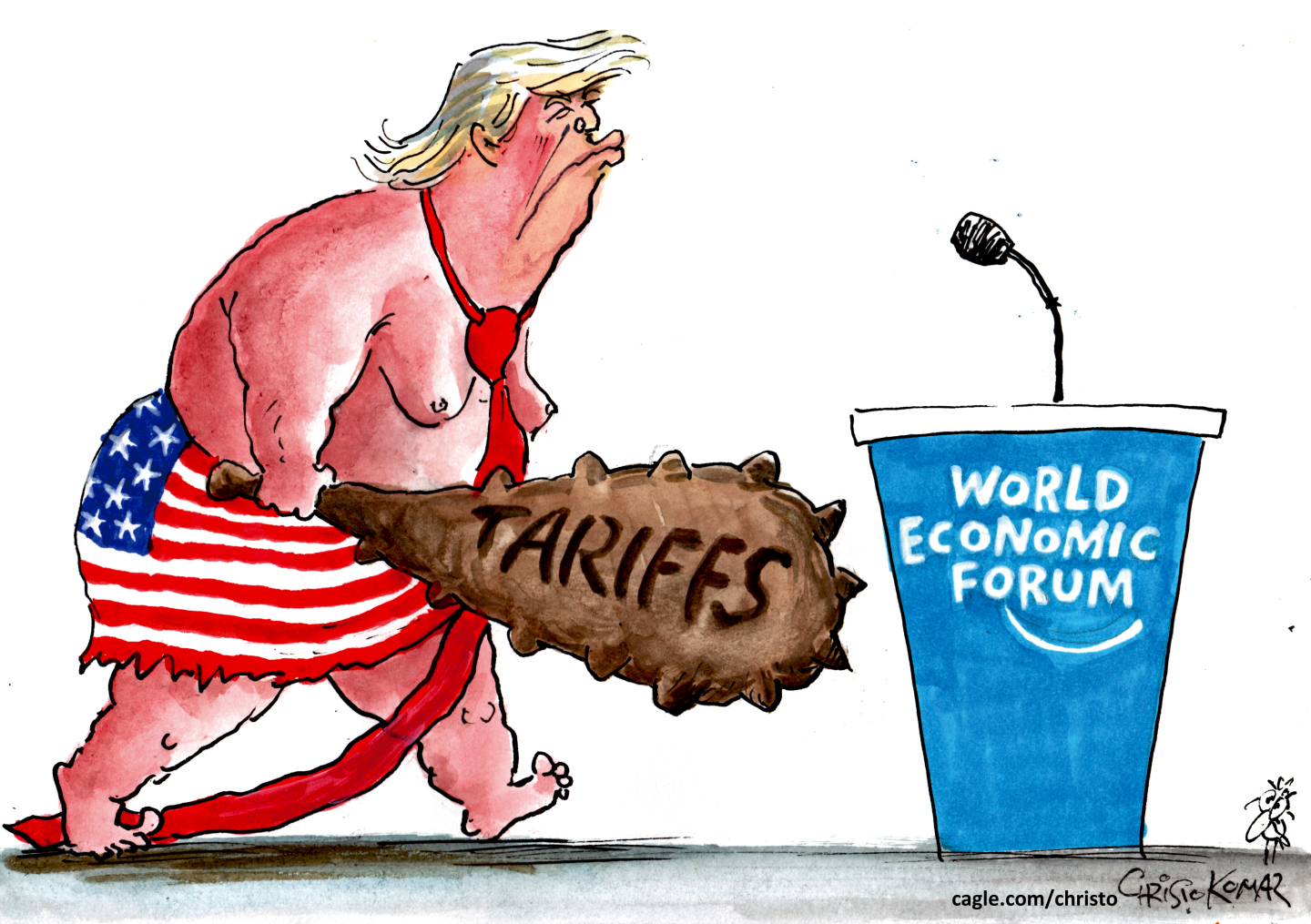The corporate costs of surveillance
The leaks about the government's spying program spell big trouble for companies like Google, Facebook, and Microsoft

When your firm hosts personal data for millions of people, "privacy is a big selling point," said Hayley Tsukayama at The Washington Post. That's why AOL, Apple, Facebook, Google, Microsoft, and Yahoo have been so assiduous in denying that they have granted the government access to their servers as part of the National Security Agency's PRISM surveillance program. Google this week asked the government to allow it to release information it believes would show that the scope and volume of surveillance orders are smaller than people have been led to believe. "There's no backdoor, there's no lockbox," said a Google executive. Microsoft, Twitter, and Facebook also want to reassure users that they aren't systematically ratting them out to Big Brother. After all, "trust is the currency on which tech companies build their businesses."
Yet the industry's denials "obscure a larger truth," said Michael Hirsh at The Atlantic. The government's huge data-collection system was built "not by professional spies or Washington bureaucrats but by Silicon Valley and private defense contractors." Michael Hayden, a former NSA director, said recently that none of the computers and phones at NSA headquarters are even owned by the government; the massive operation has been constructed and maintained by private-sector companies. And that's not surprising; Silicon Valley had "the best stuff and the best minds" to deal with the security threats after 9/11, so that's where the government turned. We don't know how deeply the big U.S. Internet companies are involved, but there's no doubt that even for them, the long marriage between the government and Silicon Valley "has become an acute embarrassment."
That could hurt these firms abroad, said Matthew Yglesias at Slate. It does no U.S. tech company any good to be seen as "essentially a giant periscope for American intelligence agencies." The U.S. has raised concerns about a firm with ties to the Chinese state that's installing sensitive telecommunications equipment here. So it's not hard to "imagine a foreign country deciding that it's maybe not such a great idea for all its citizens' Web search and webmail traffic to be surveilled by the American government via Google, Microsoft, Yahoo, and AOL." Whether or not that's really happening, it's a useful scenario for European antitrust officials "sympathetic to the idea of not letting local firms be crushed by California-based ones."
The Week
Escape your echo chamber. Get the facts behind the news, plus analysis from multiple perspectives.

Sign up for The Week's Free Newsletters
From our morning news briefing to a weekly Good News Newsletter, get the best of The Week delivered directly to your inbox.
From our morning news briefing to a weekly Good News Newsletter, get the best of The Week delivered directly to your inbox.
One way or another, the leaks about PRISM spell trouble for these companies, said Robert Chesney and Benjamin Wittes in The New Republic. They will likely "face significant costs for their court-ordered cooperation." The law immunizes them from liability, but that doesn't mean they won't get sued. "And it most definitely does not follow that they bear no costs from protests, bad press, fearful customers, and — perhaps most significantly — investigations (with potential liability) launched by other governments." These companies may be required by law to keep cooperating, but "there is a spectrum of cooperation that runs from the eager to the grudging." The new disclosures might encourage these companies to start pushing back against government requests — and protecting their customers.
A free daily email with the biggest news stories of the day – and the best features from TheWeek.com
Sergio Hernandez is business editor of The Week's print edition. He has previously worked for The Daily, ProPublica, the Village Voice, and Gawker.
-
 Claudette Colvin: teenage activist who paved the way for Rosa Parks
Claudette Colvin: teenage activist who paved the way for Rosa ParksIn The Spotlight Inspired by the example of 19th century abolitionists, 15-year-old Colvin refused to give up her seat on an Alabama bus
-
 5 contentious cartoons about Donald Trump at Davos
5 contentious cartoons about Donald Trump at DavosCartoons Artists take on weaponized tariffs, a cheeky offering, and more
-
 Trump’s ‘Board of Peace’ comes into confounding focus
Trump’s ‘Board of Peace’ comes into confounding focusIn the Spotlight What began as a plan to redevelop the Gaza Strip is quickly emerging as a new lever of global power for a president intent on upending the standing world order